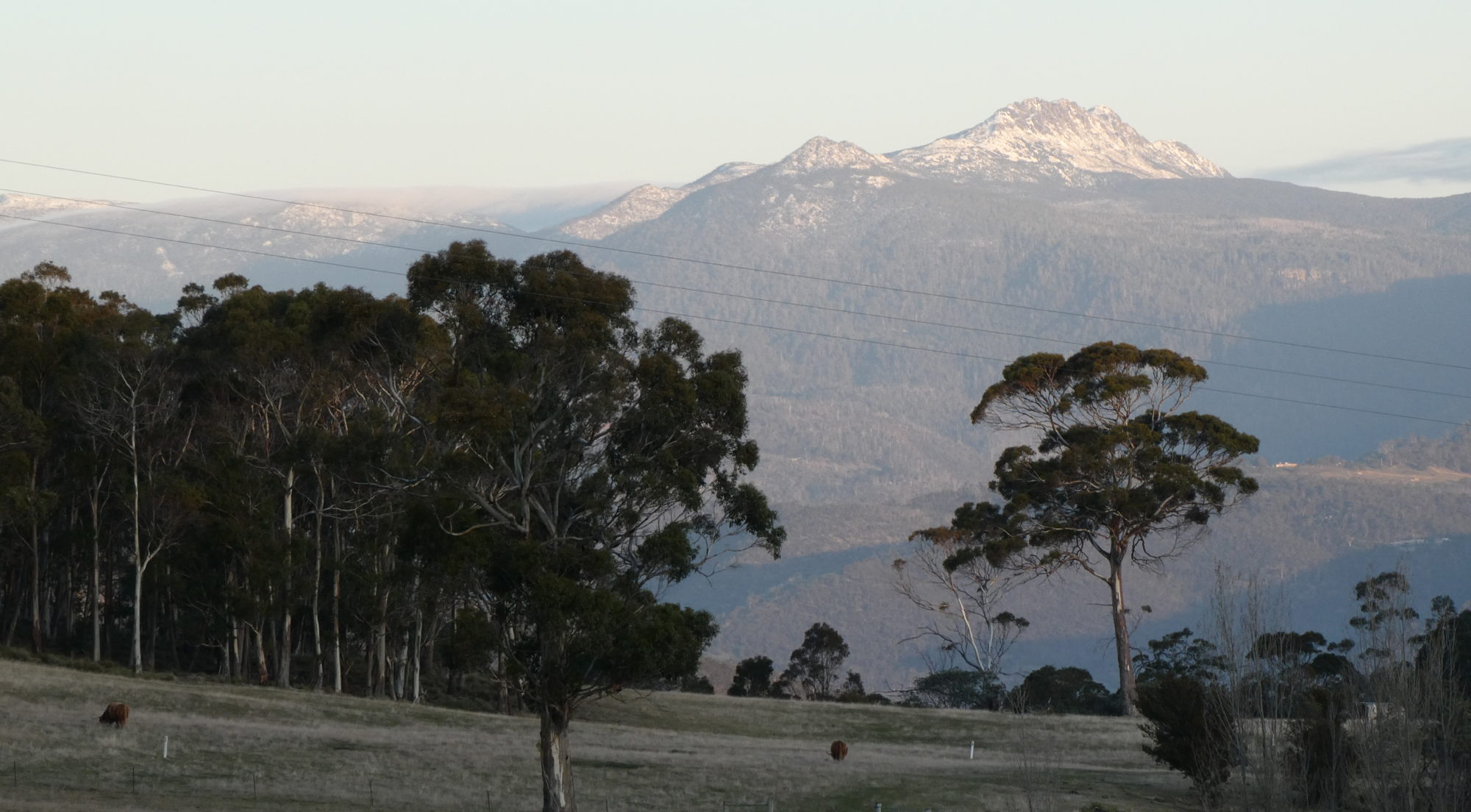
There are two opposing views of humanity’s relationship with nature, the Romantic and the Utilitarian. The former emphasises intense emotion as an authentic source of aesthetic experience, especially with regard to the beauty of nature and leading ultimately to Pantheism. The latter prioritises those attitudes which give preference to human interests while disregarding other aspects of the environment. It is unashamedly anthropocentric. Most people who live close to nature, in fact, most people throughout history, are, or were, Utilitarians. Romanticism, particularly in its modern form of Environmentalism, is a product of affluence.
We are presently living in one of the most affluent ages in history, thanks to advances in technology and agriculture.
This affluence, and the advances which brought it about, ultimately depended on one thing: access to cheap energy in the form of coal, oil and gas.
We live in what historians may someday call the Fossil Fuel Age. . .With high energy consumption goes a high standard of living. . . A reduction of per capita energy consumption has always in the past led to a decline in civilisation and a reversion to a more primitive way of life. . . . it is an unpleasant fact that according to our best estimates, total fossil fuel reserves recoverable at not over twice today’s unit cost are likely to run out at sometime between the years 2000 and 2050, if present standards of living and population growth rates are taken into account.
I suggest that this is a good time to think soberly about our responsibilities to our descendants – those who will ring out the Fossil Fuel Age.
(From a speech given by Rear Admiral Hyman Rickover in 1957.)
Readers may be sceptical about this. “Yes, we have heard it all before”, I hear them say, “Club of Rome, Limits to Growth, Resources Crisis, blah, blah. We will always discover more oil, or Lithium or whatever it is.”
Certainly this theme has been over-hyped in the past but two facts remain:
- We are consuming fossil fuels at an accelerating rate. The curve is roughly exponential. It has increased eight-fold since 1950, and roughly doubled since 1980. , and
- The fossil fuel resource is finite. Nature is not producing new fossil fuel.
There has to be a collapse in supply. The only issue is when. The evidence points to some time in the next couple of decades. My friend Wayne Hooper has put together a reading list of authoritative references which should convince anyone with lingering doubts.
Well why aren’t governments and science organisations addressing this issue?
Owing to an accident of history, it was the effects of fossil fuels on the environment which were noticed first. This happened in the 1970s when pollution of the environment was the issue of the day and when digital computers had become big enough to model the whole planet using the methods of computational fluid dynamics. The CFD modellers picked up the ball and ran with it. Not only did they have a great time developing ever more complicated models but they were saving the planet as well. They rapidly cornered the bulk of the research funding. Overnight, Climate Change became the new religion. Well over a hundred research groups are now running their own climate models. Surely two or three would have been enough.
Climate models are not science just as arithmetic is not accountancy. Certainly, scientists often use models but that is only part of the story. Truly scientific models are regularly tested against observation. Climate models are not. They are merely cross-checked against one another. Occasionally measurements which fit the models are quoted as “validation” but that is not the same as the rigorous testing which is the norm in science. As a result, while the models agree reasonably well with one another, they have parted company with the real world. One egregious error is the model prediction that carbon dioxide remains in the atmosphere for many centuries, some of it forever. In fact half of the excess is absorbed by the ocean within 50 years (see GRLpaper.pdf).
Perhaps the worst thing about climate modelling is the way that it has attracted kudos and funding to the detriment of other disciplines such as experimental physics and statistics. But it is not just about funding. We live in an age of degenerate Romanticism, according to which caring always trumps understanding. Understanding the natural world in order to manipulate it for our own benefit is viewed by many with disgust.
We have abandoned Utilitarianism to our cost. There is not enough cheap fossil fuel left in the ground to increase global temperature much further. The real existential threat is the energy starvation we face in the very near future. We have to deal with it.

